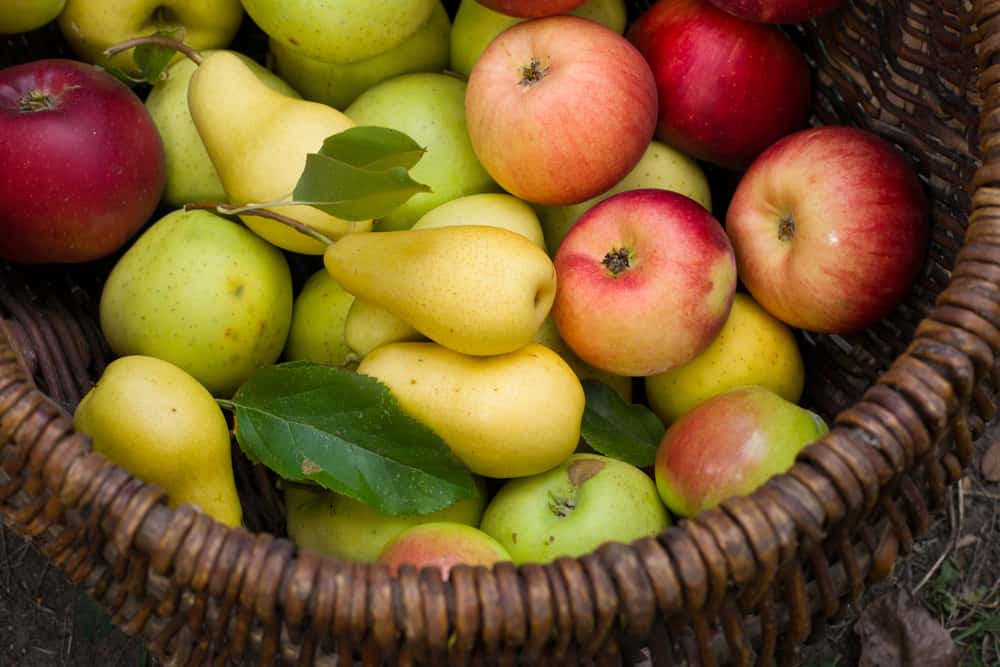



Article by: Hari Yellina
This season, both imported organic pears and organic apples have had a delayed start.
Pears: Organic pears from Argentina will have a little lower volume this year. “The pear season began a few weeks later than usual and appears to be ending sooner than previous season,” says Maureen Royal of Portland, Oregon-based Bridges Organic Produce. “The season began in early March rather than in mid-February, and it will most likely end in mid-July.” Due to quality concerns caused by unfavourable weather conditions before to harvest, Royal predicts fewer larger organic Anjou pears and less Bosc pears this season. This season, Golden Russet Bosc pears will be scarce.
Apples: Bridges began importing organic apples last week, using fruit from Argentina, New Zealand, and Chile. Imported organic apple types will be in high demand. “Some varieties of apples, such as Fujis and Granny Smiths, are available from controlled atmosphere storage in Washington; those varieties could be acquired slightly later to accommodate for the change in seasons,” Royal explains. Meanwhile, the first organic Galas from Argentina arrived this week. Organic Galas from Chile and New Zealand, as well as organic Honeycrisp from New Zealand, will arrive in the coming weeks.
“Other types like as Granny Smith, Fujis, Braeburns, NZ Queen, NZ Rose, and Red Delicious will follow,” Royal says, noting that NZ Queen and NZ Rose are always popular due to their colour and flavour. This season, Red Delicious apples will be scarce. Galas from all three nations, as well as Granny Smith and Fuji, will be available in large quantities and are predicted to be exceptionally tasty, she says. As requested, Bridges Organic can provide custom packs of 12/2#, 18/2#, 12/3#, and 8/5# pears and apples. Smaller sizes are fewer. In general, Bridges Produce is bringing in more larger size apples and pears than previous year, however smaller sizes and varieties will be less plentiful.
On most kinds of both apples and pears, pricing is higher than last season. “Prices have increased due to inflation in ocean freight, land freight, warehouse storage, warehouse custom packing fees, and all of the expenditures of growing organic,” Royal says, noting that ocean freight is now double what it was last season. The import season usually concludes around the end of August or the first week of September. “The previous season was unusual. It lasted through October and featured a wide range of sizes and kinds. This was primarily due to shipping issues, which included fewer vessels accessible to the states and delays and late arrivals at all ports. It hindered sales and slowed mid-season mobility,” Royal explains.
“Some supply chain difficulties on vessels and arrivals have persisted this season.” It’s not as crazy as last year, though.” Bridges Produce has also been a consistent organic supplier for 20 years, according to Royal, and is now working on other organic commodities such as cherries, blueberries, potatoes, onions, and Mexican row crops to supply its customers while providing predictability and steady growth to its grower partners.